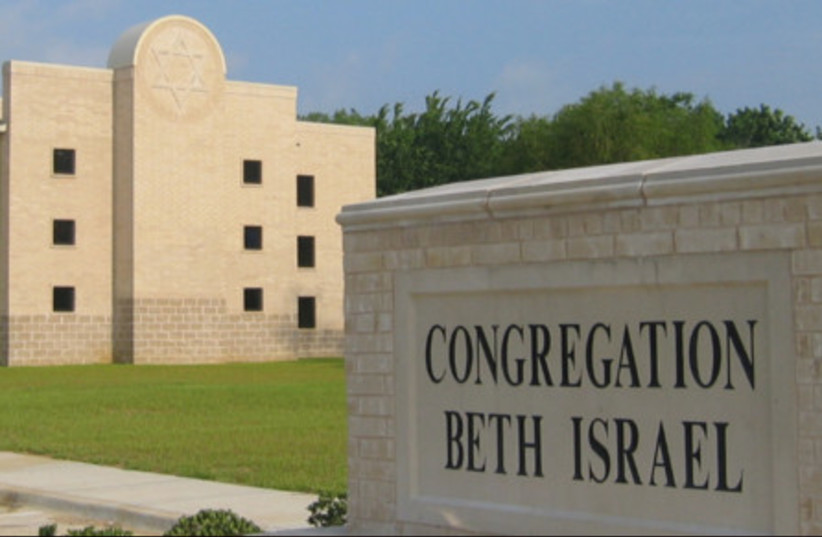Israelis don't realize or appreciate how serious antisemitism is in America, leaders of the Conference of Presidents of Major American Jewish Organizations William Daroff, the CEO and vice chair Malcolm Hoenlein told The Jerusalem Post on Sunday.
There has been “exponential growth” of antisemitism in the US, Hoenlein said, adding that there were multiple incidents this past weekend near where members of his family live in Brooklyn.
More than half of American Jews reported experiencing antisemitism last year, and the number is even higher among students on campus, Hoenlein said.
“This is a very serious time,” he said.
The conference was behind the establishment of the Secure Community Network, the official homeland security and safety initiative of the organized Jewish community. Synagogues across America encourage having someone in the synagogue who is armed with a gun at Shabbat services, the two said.

“Chaos and lack of respect for institutions is not good for the Jews," William Daroff said.
Daroff and Hoenlein will be leading a national leadership mission of their Jewish umbrella group next week for the first time in two years. They plan to meet with President Isaac Herzog, Prime Minister Naftali Bennett, opposition leader Benjamin Netanyahu, IDF chief of staff Lt.-Gen. Aviv Kohavi and top cabinet ministers.
Besides antisemitism, the Jewish leaders have been dealing with the potential challenge to Israel from an agreement on Iran that is being negotiated in Vienna.
Daroff said he felt Israel and the US were more in line with one another when it came to Iran than in the run up to the JCPOA in 2015.
"There is much greater communication between our government and your government," he said. "Last time, Israel found out about secret meetings from the Saudis. This time, [Israeli National Security Adviser Eyal] Hulata met with [American National Security Adviser Jake] Sullivan."
Hoenlein agreed that ahead of the 2015 Iran deal Israel raised more of an alarm in America. On the one hand, the lack of alarm “diminishes the leverage,” but on the other, because there is no public conflict with the US on the issue, it is easier to get messages across, he said.
The Jewish leaders also will be meeting with United Arab List (Ra’am) Party leader Mansour Abbas, who last Thursday told the Washington Institute for Near East Policy that Israel is not an apartheid state. They are set to meet with Regional Cooperation Minister Esawi Frej (Meretz), who was released from Ichilov Hospital on Sunday after suffering a stroke last Tuesday.
